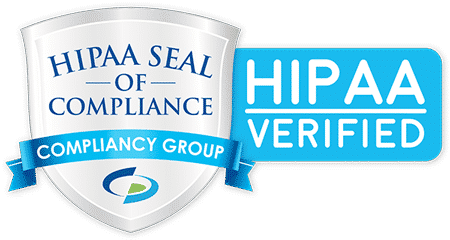Media Shield Video: User Etiquette and Policy
This is the official guidance for using Media Shield’s teleconference video platform. Media Shield’s video platform is for organizations, small businesses, and individual users (collectively called “host and co-host”) leveraging videoconferencing tools, some of whom are remotely working for the first time and others who use video platforms on a daily basis to conduct small business and organizational activities such as meetings, training, and video teleconference event.
Hosts and co-hosts using Media Shield’s video platform need to consider the legal implications of digital recordings. Given the different federal and state regulations related to wiretapping and recording. Host and co-host must define their own policies around how their remote workers handle video conference recordings through the Media Shield’s video platform without putting their organization and Media Shield at risk of legal or ethical trouble. Media Shield respects all individuals right to privacy.
Media Shield takes no responsibility for the mishandling of video recordings or how the host and co-host utilize the free Media Shield videoconferencing tool. By logging in and using the Media Shield video platform—the host, co-host and users binds into a contract/agreement to release liability and hold Media Shield harmless of any damages, injury, or legal reasons in a civil lawsuit.
While it is legal to record virtual meetings in general, the host and co-host should not record all meetings for ethical or certain legal reasons. Below are reasons not to record a virtual meeting:
-
- Ethical reasons: The host and co-host need to understand that users may feel uncomfortable if the host and co-host want to record discussions about specific issues or performance challenges. The host and co-host may need to debate the ethical ramifications of recording those virtual meetings.
-
- Certain legal reasons: The host and co-host may face negative consequences regarding whether it’s legal to record virtual meetings in certain states and what it means to have consent from one or all parties to proceed.
Wiretapping and recording laws are meant to protect individuals within the U.S. against other parties recording them on a call without their consent. While federal law requires one-party consent, in Florida, Maryland, Montana, Nevada, California, and some other states, citizens must receive consent from all parties prior to recording a phone call or video conference. Host and co-host may struggle to ensure end users understand each state has its own rules or memorize which states enable one-party, two-party, or all-party consent. Host and co-host need to ensure they announce during the video conference that the meeting will be recorded, even if the Media Shield video platform has the audible announcement configured when the host or co-host begins to record, as well as indicators within the Media Shield video platform to highlight the meeting, is being recorded.
How long should the host and co-host keep a Media Shield video platform recording?
Like other assets that the host and co-host maintain in storage systems, digital files, and video recordings require protection. Data retention and backup policies apply to virtual meeting data like other digital files. While retention policies differ between companies and industries, the host and co-host must apply the same policies for existing data to Media Shield video recordings. However, in some scenarios, video recordings require additional considerations. For example, if a host or co-host includes virtual meetings between a patient and a healthcare professional, which the healthcare professional may record. As these interactions contain patient health information and personally identifiable data, HIPAA rules apply to these recordings the same way as other health records and the data requires encryption at rest. If the host or co-host chooses to share recordings, they must require passwords and only send recordings to other authorized users. The host and co-host must also keep recordings for seven or, in some cases, 10 years.
For hosts and co-hosts from law firms, recording attorney and client interactions is common. A law firm may choose to retain these records to protect itself from potential client lawsuits. The state bars recommend law firms keep recordings for at least five years, but some states extend that to six years.
Whether a meeting is held to celebrate a project’s success or to discuss a department’s achievements or failures, recording virtual meetings on the Media Shield platform creates a permanent snapshot of the discussion that all attendees can review afterward.
Media Shield takes no responsibility for the mishandling of video recordings or how the host and co-host utilize the free Media Shield videoconferencing tool. By logging in and using the Media Shield video platform—the host, co-host and users binds into a contract/agreement to release liability and hold Media Shield harmless of any damages, injury, or legal reasons in a civil lawsuit.





